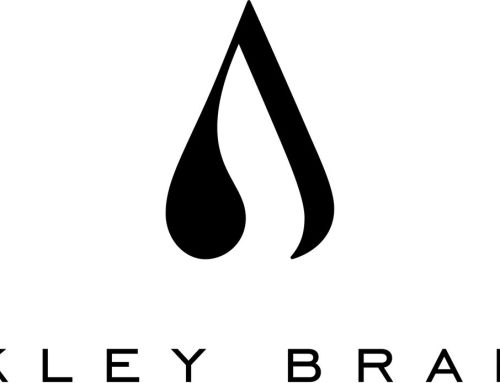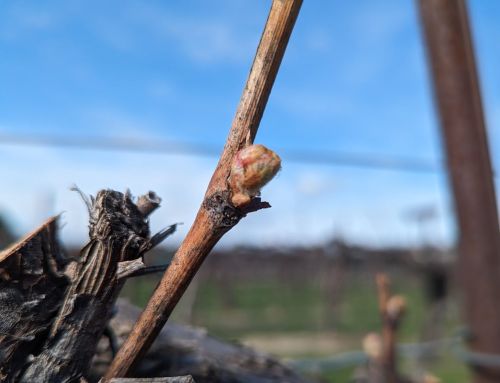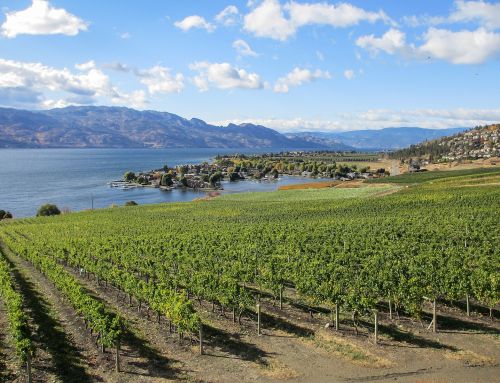Concerns of smoke impact leads winery to discard vintage
Today Woodinville’s Betz Family Winery, one of Washington’s most highly regarded producers, announced that it will not release its 2020 vintage wines from Washington and Oregon. The decision, which was announced to customers via email, comes amid concerns about the effect of wildfire smoke on wine quality.
“It’s a brutal decision, but it’s an easy one,” says owner Steve Griessel. “We couldn’t release the wines.”
Founded in 1997, Betz Family sources fruit from throughout Washington’s Columbia Valley for its Betz wines and from areas of Oregon’s Willamette Valley for its SuNu wines. Wildfire smoke blanketed the entire west coast of the US in September of 2020, with large fires in areas of California and Oregon.
Due to the widespread nature of the smoke, many commercial laboratories were unable to test for smoke influence in grapes prior to harvest. Subsequently, many wineries, such as Betz Family, were in the difficult position of determining whether to proceed with picking fruit.
“We decided at that point in time there was no way we could say to growers, ‘Look. We’re just not picking,’” says Griessel, who purchased the winery with his wife Bridgit in 2011. “We thought that would be incredibly unfair because how do you know whether you’ve got [smoke impact] or not?”
Griessel says after the wines went through primary and secondary fermentations, the smoke influence became apparent from a sensory perspective.
“Some had let’s call it a low impact, where there was just a muting of the fruit, but still, there was an impact, then all the way up to very high,” Griessel says.
Laboratory analyses subsequently confirmed the presence of smoke marker compounds at varying levels. This, along with sensory analyses, cemented the winery’s decision not to move forward with the wines.
“We determined that there’s absolutely no way we would ever produce a [2020] vintage of Betz or our new [Willamette Valley] project that we started in 2017, SuNu,” Griessel says. “Even if someone couldn’t taste it, we know it’s there.”
The 2020 Betz Rhône-style wines and SuNu Pinot Noirs were scheduled to be released in the fall of 2022, with the Bordeaux-style wines released the following spring. None of this will happen. The winery is now planning for the consequences.
“In simple terms, you’ve got to find a way to release two years’ worth of wine over three years, so you aren’t suddenly faced with the fact that you have no inventory,” Griessel says. “You’ve just got to get through that, and we can. It’s not pretty I can tell you, but it’s doable.”
For a winery that produces 6,000 to 7,000 cases annually at prices ranging from $35 to $120, the financial impact of a lost vintage is enormous. Additionally, Griessel says, to his knowledge, no insurance exists for wineries with smoke impacted wines. This stands in contrast to growers, who can purchase crop insurance. However, that insurance only applies to non-harvested fruit.
“Our growers have been very sympathetic to the smoke taint issues we faced in 2020, and many have borne the pain with us,” Griessel says. “This is a very big structural issue I think for wineries in general in terms of how we survive [as an industry] going forward.”
Smoke influence in wine is complex, with factors such as proximity, intensity, duration, variety, and timing contributing to any potential impact on the resulting wines. Smoke in the air doesn’t mean there will be smoke taint in the wines. Similarly smoke impact at one winery doesn’t mean there will be the same impact at another, with vineyard sourcing, picking dates, winemaking decisions, and other factors all having an influence. For this reason, some wineries might emerge from 2020 unscathed; others might not.
“People are going to have to make their own choices,” Griessel says. “It’s a brutal, brutal thing because this might be the end of some wineries. Then there are going to be wineries that completely escaped this, and then others that have maybe small amounts, and no one will ever notice. We had to make the best decision for ourselves and for our customers.”








Leave A Comment